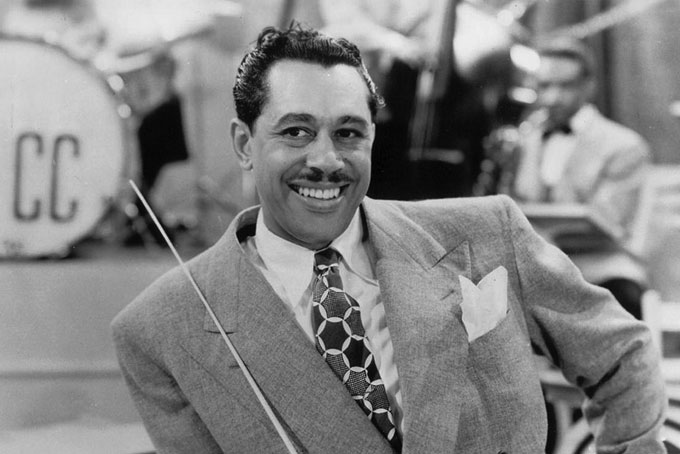
Week of March 25-31
March 25
1931—Ida B. Wells Barnett dies. Barnett was one of the leading Black female activists in America for over 30 years. Born in Holly Springs, Miss., she became a crusading journalist against racism and injustice with her Memphis, Tennessee-based newspaper—“The Free Speech and Headlight.” When a prominent Memphis Black man (and friend or hers) was lynched in 1892, she launched a national campaign against lynching. In 1909, she became a member of the Committee of 40 which laid the foundation for the organization which would become the NAACP. But she later sided with scholar W.E.B. DuBois when he accused the NAACP of not being militant enough. Barnett would also later join with White suffragettes in demanding that women be given the right to vote.

1931—The “Scottsboro Boys” are arrested and accused of raping two young White women—a crime which evidence suggests (then and now) never occurred. However, the saga of the nine Scottsboro Boys (young Black men aged 12 to 20) would stretch out over a period of nearly 20 years in a series of trials, convictions, reversals and retrials. The racism of the period was so thick that even when one of the young White women recanted and admitted that no rape had occurred, an all-White Alabama jury still found members of the group guilty and sentenced them to death. The convictions were overturned by the U.S. Supreme Court and more retrials and new convictions followed. Eventually, either by paroles or escapes, all the Scottsboro Boys would leave Alabama prisons. The last one died in 1989.
1942—Aretha Franklin, the “Queen of Soul” music, is born in Detroit, Mich.